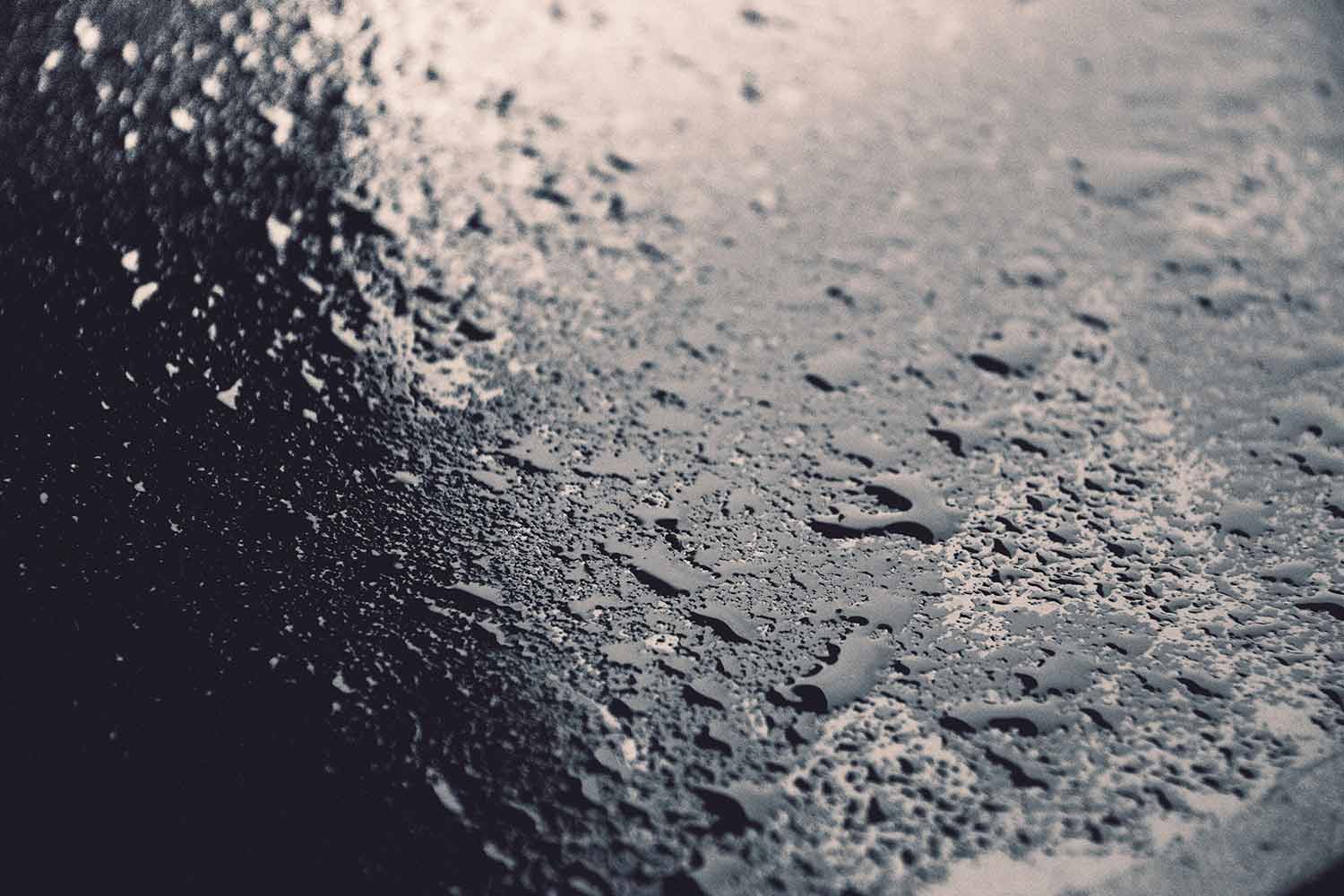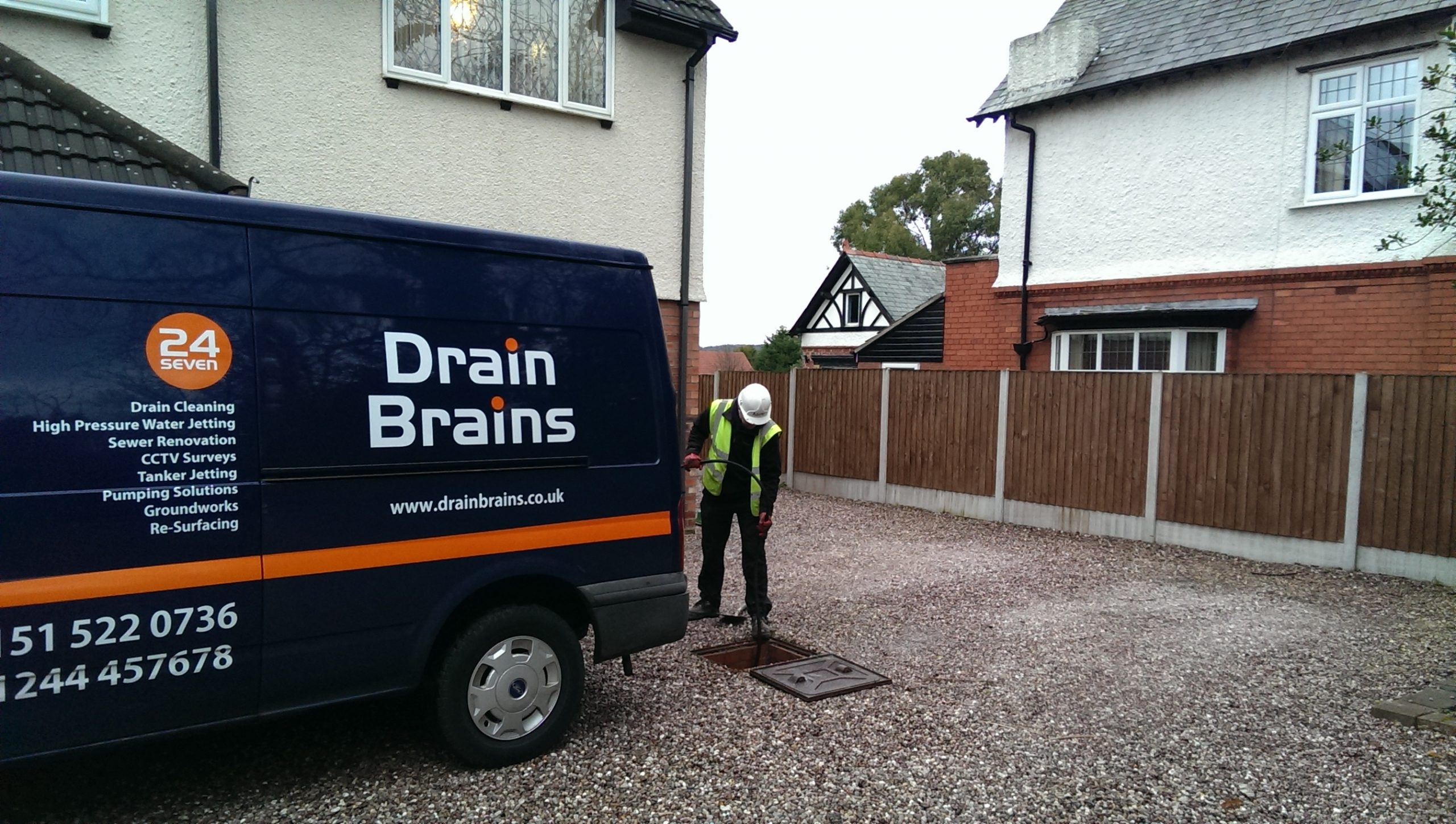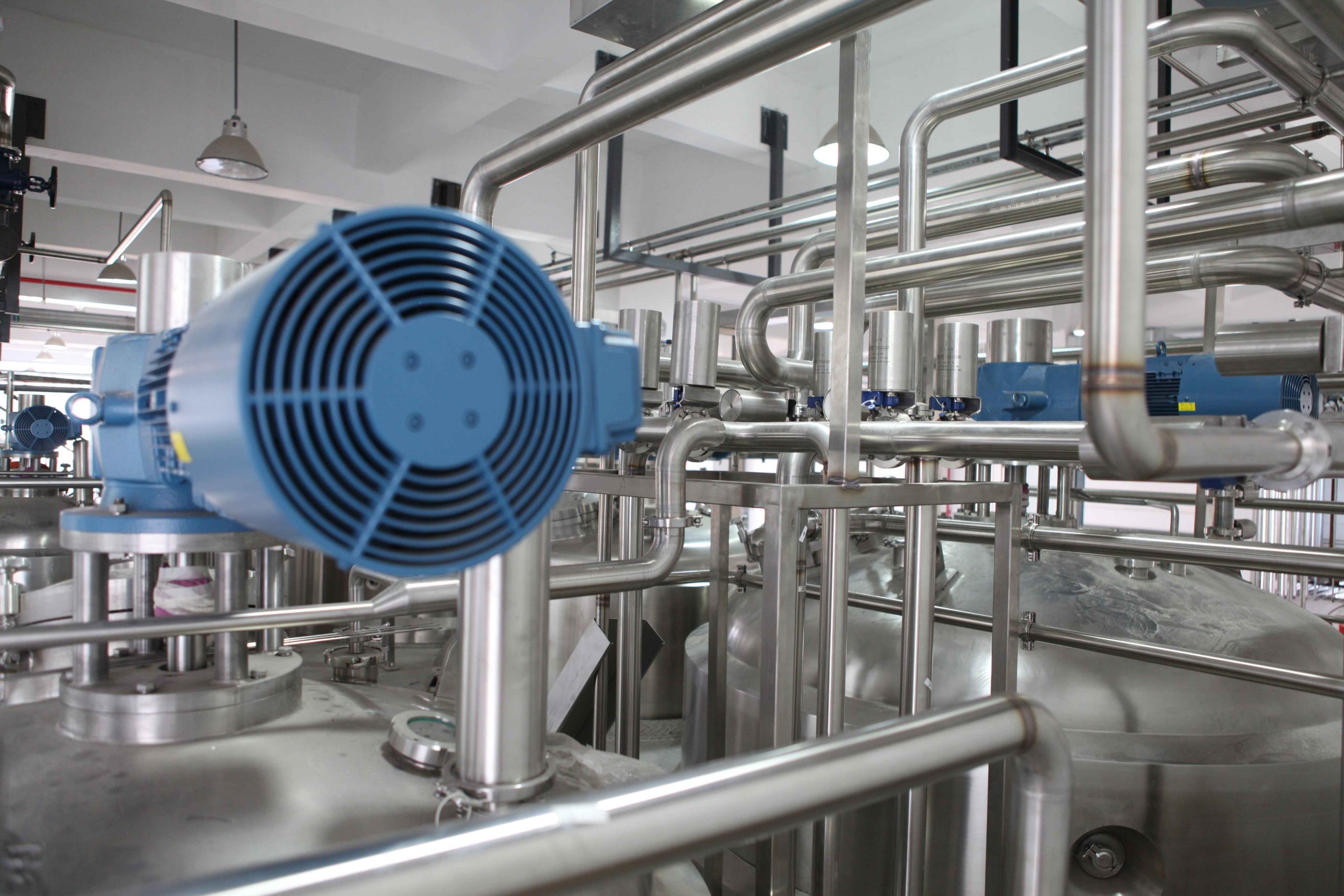Damp is such a common problem in the UK and we’re not just talking about the weather. Damp in our homes is something everyone comes across at some point. It can be very problematic, depending on the cause, and very tricky to get rid of.
Common causes of damp
The first step to solving damp problems is assessing what the cause is. The most common cause of damp in a property is condensation. Condensation causes mould to grow which appears in the form of those annoying little black dots. This happens when moist air comes in contact with a cold wall or window.
Another common cause is rain penetration which occurs when rain gets through the walls. This usually causes discolouration and peeling or flaking paintwork or wallpaper.
Could your drains be the cause?
Besides the two causes above, leaking pipes can also cause a problem with damp. This can lead to more serious problems like penetrating damp and wet rot so the problem is best looked at as early as possible.
If you’ve found damp patches at your home, check the following:
- Are downpipes or gutters in the area faulty or leaking?
- Are your drains or downpipes blocked? A blockage could cause a leak in a pipe joint
- Is there any damage to your pipes or drains? Check for cracks or faulty joints.
Pay particular attention to areas like bathrooms and kitchens where there’s a lot of water drainage present. Bathrooms and kitchens are particularly prone to developing damp because of this. In these rooms, check the sealing around showers, baths and sinks. If it’s coming away or corroded, this could be what’s causing your damp problems.
Getting help
If you need help in diagnosing the problem or suspect that drains are the cause, get in touch with Drain Brains on 0151 522 0736 for the Wirral area or 01244 455 354 for Chester.
In a lot of cases the problem is an easy fix. If the problem is a bit more serious, we promise to solve it as quickly and efficiently as we can.



